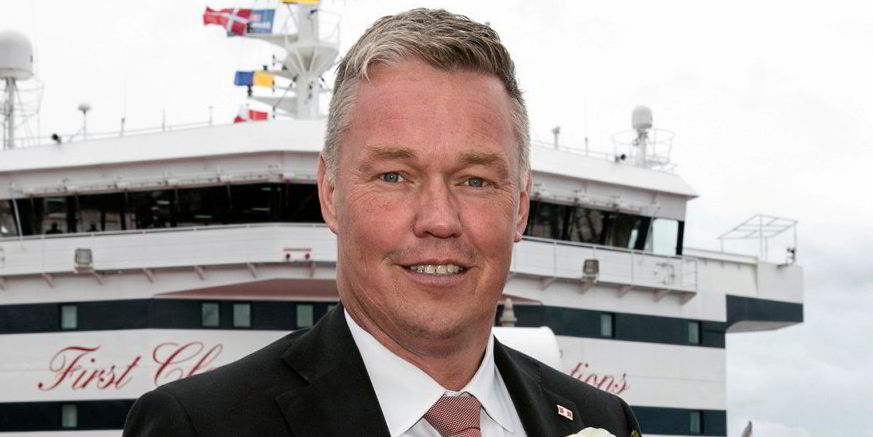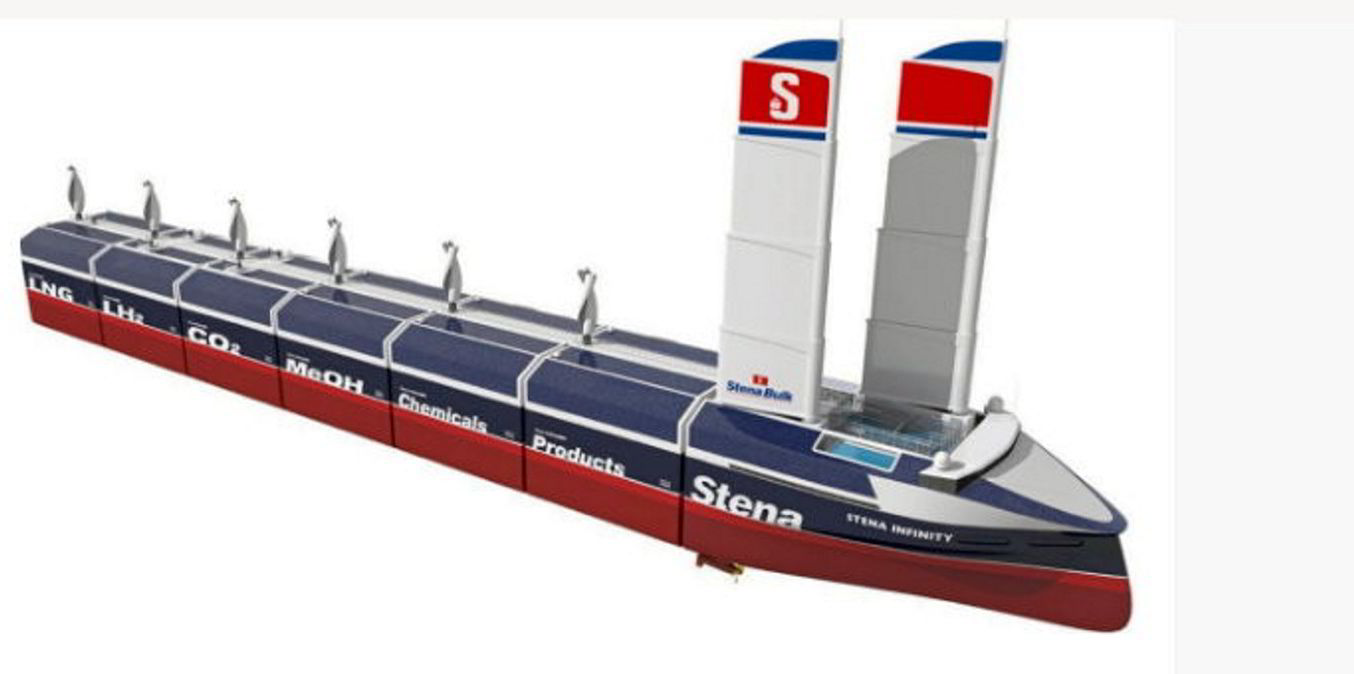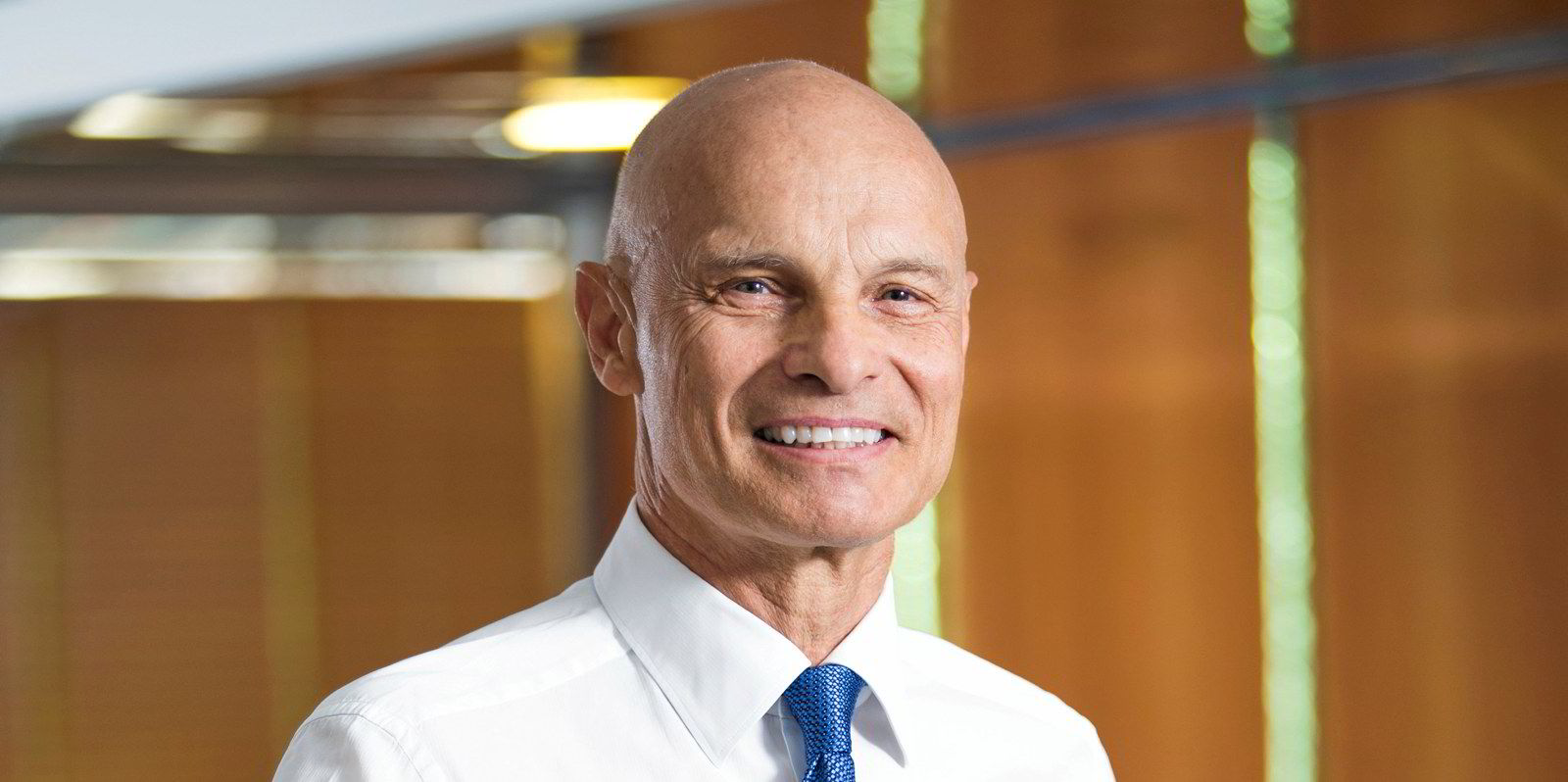Stena Bulk president Erik Hanell has thrown his weight behind a global pricing mechanism for greenhouse gas emissions from shipping.
Governments, shipowners and charterers have been increasingly looking to develop financial measures to accelerate decarbonisation of maritime transport.
The European Union has proposed including shipping in its Emissions Trading System, while a global carbon tax or trading scheme remains under discussion at the International Maritime Organization.
While he expressed opposition to any regional pricing scheme, Hanell told TradeWinds he would favour “taxes that support the development of carbon-neutral operations going forward”.
“We want a global solution ... That's what we have to strive for in the industry,” he said. “We definitely need to be ahead of the game.”
Hanell joined a chorus of industry calls for more effective market-based measures to incentivise the use of low and zero-carbon fuel.
Sweden's Stena Bulk, one of the world’s largest tanker operators, has begun to offer charterers options to offset the carbon emissions from their shipping operations by using waste-based biofuel rather than gasoil.
The fleet-wide programme is designed to allow Stena, charterers and fuel producers to share the additional costs together.
But Hanell admitted that interest from charterers has been limited, with just three voyages using the scheme so far.
Looking forward, the Gothenburg-based company expects to acquire carbon credits from offset programmes to help meet its decarbonisation targets.
It has aimed to become a fully carbon-neutral operator by 2040 and transport only cargoes with net zero emissions by 2050.
Using carbon credits is “definitely a pathway that we will take going forward” for offsetting emissions from shipping and cargo operations, Hanell said.
Still, he stressed that Stena will also need to start operating zero-emission vessels and using carbon-neutral fuel over the next two decades.
The company has revealed the InfinityMAX vessel design, and it plans to have a ship based on the concept in operation by 2035.
Fuelled by hydrogen and wind turbines, the hybrid vessel will carry dry and wet cargoes in detachable modular compartments.
“Offsetting is one thing, but I don't think that’s the main [solution],” Hanell said. “It’s going to be a combination of everything.
“We surely have to find more efficient ways of trading the ships in respect of emissions.”






